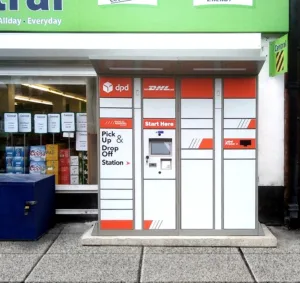by Dave Katz, Co-Founder at Intuizi
While data is a key asset for the creation of business insight and the development of strategies based on demonstrable facts, we don’t all know how to access or take advantage of this on behalf of our organization. There is clearly still a gap whereby the analysis of data for strategic business reasons is seen as being the domain of the Data Scientist and out of reach to non-mathematicians, statisticians, or MBA grads.
It’s true to say, for good reason, that we’re genuinely in awe of quantitative analysts, SQL gurus and Business Intelligence analysts, i.e. the “proper” data scientists. Them, with their appropriate qualifications and ability to deal with vast data sets and 3D statistical models, using mathematical techniques with exotic sounding names which, a cynic might suggest, have been settled-upon partly to make us feel that tiny bit less intelligent.
These experts now, more than ever, are so relevant in our post-truth society – where scientific facts can be presented as opinion. But we do need to demystify and diffuse the mystique and the noise around data to demonstrate how we, the non data specialists can still be the heroes within our organisations through innovative use of data.
We are in awe of them. We can’t be them. But we don’t need to be. We need to understand enough about how they operate and what they can do, to be effective
Let’s take the example of a bricks-and-mortar retailer. Today there are huge challenges to operating in this sector to match the huge opportunities that Main Street still provides. Wouldn’t it be fantastic if, aside from one’s own ‘commercial instincts’ and sense of ‘what sells at great profit margins’, there were additional indicators to give you an edge, helping you understand where you could deliver your message, commercial offerings or promotions to yield the biggest impact on Sales?
Well, without contravening the ever-changing landscape of privacy law, and without being a data scientist, it is possible, right now, to use data from mobile phone usage to gain considerable insight. As a commercially minded business owner, operations manager, CRO, you are already able to understand customer footfall into your competitor locations versus yours. You can use it to learn, for instance, how your potential customers behave, whether they visit other stores that sell similar goods to you? How far are they traveling to do this? What other kinds of business or points of interest do they visit that could give us useful insights as to how a typical potential customer’s footfall lands?
The old business adage has it that 50% of marketing budget is wasted – but you never know which 50%. By using anonymous location data, you can really get a steer on how effectively your digital marketing and advertising is driving footfall into your locations, and how it’s impacting your competition’s visitors.
Welcome to the world of creating data-driven insights without having to be a Data Scientist. There is now a maturing alternative data marketplace that includes location data analytics platforms that are designed to help your business make better strategic decisions, without needing to be a data expert, statistician or technologist.
So, how do we democratise data and demystify the use of complex data? This series of pieces is intended to tell simple stories about how our customers made better, more informed decisions around logistics, sales & marketing, and even competitor analysis, via our platform, and without having to go back to school.
Stay tuned for Part 2, coming soon.










